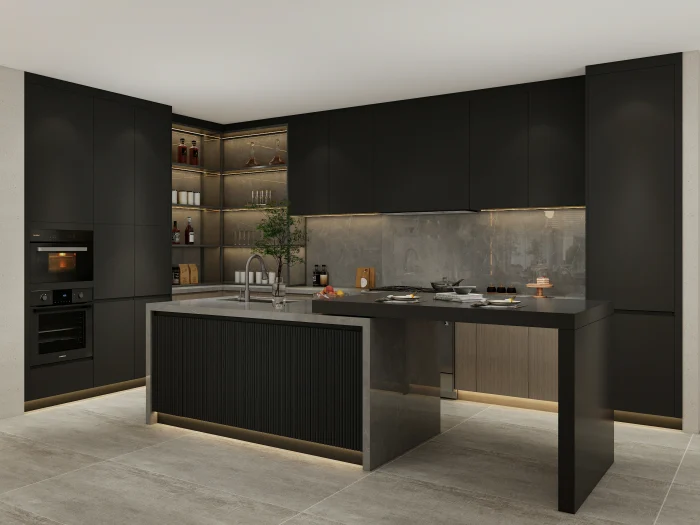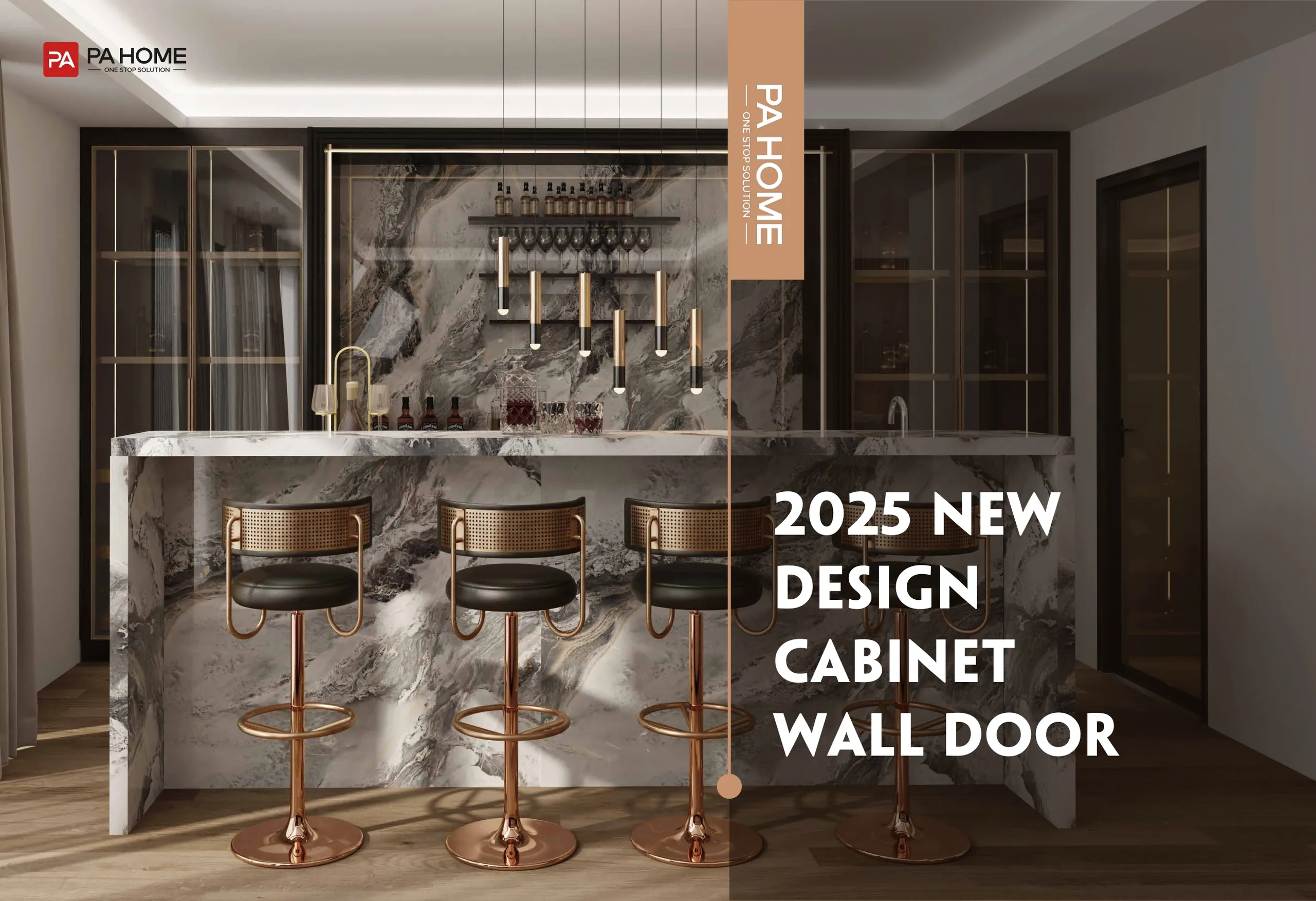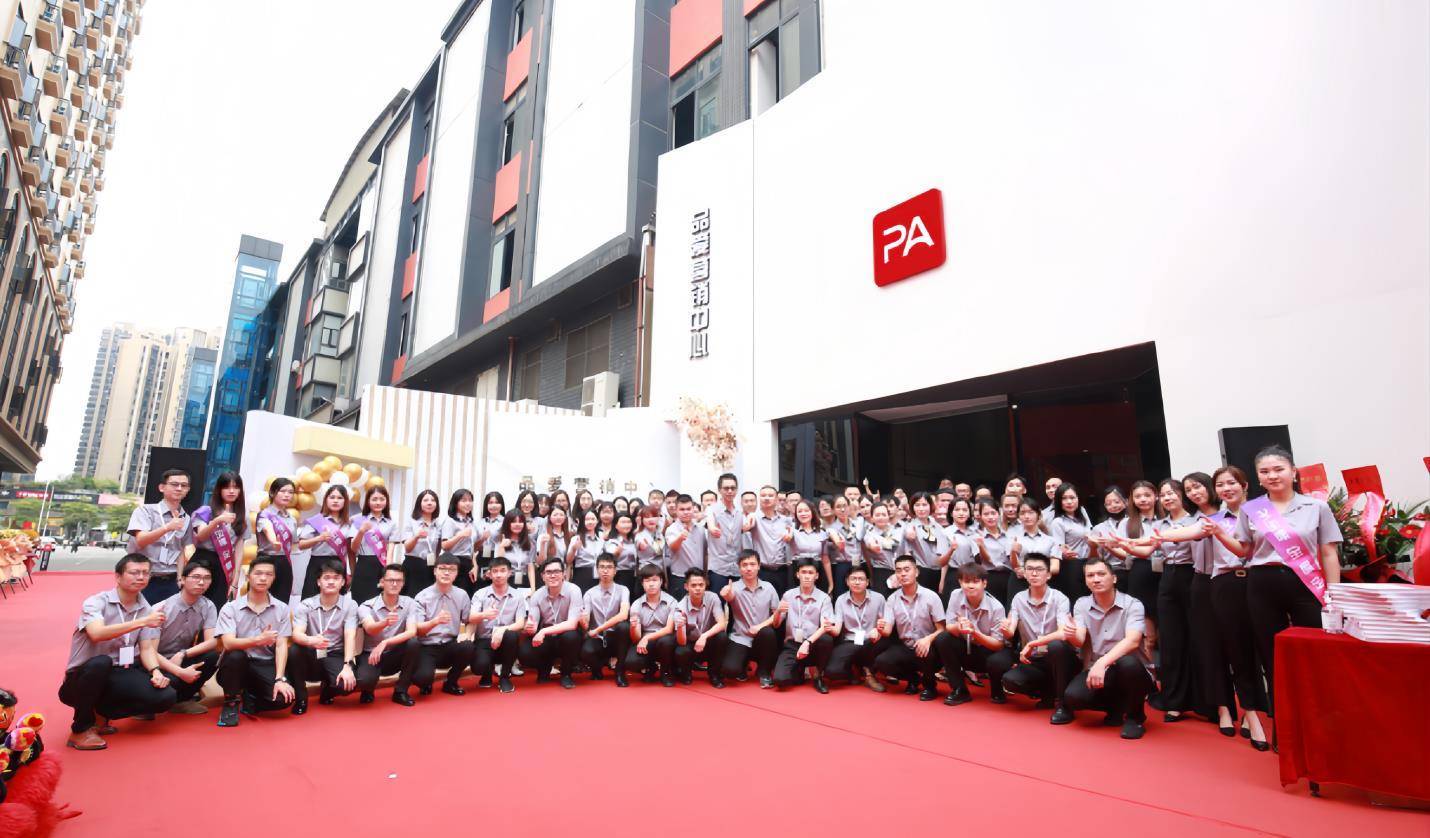The world of hotel construction is evolving rapidly. As new projects emerge, developers are faced with an exciting yet challenging landscape, blending modern design, sustainability, and the shifting demands of travelers. In this article, we’ll explore some of the most notable hotel construction projects, uncover the latest trends driving the industry, and discuss the hurdles developers face. Whether you’re a hotel owner, architect, or developer, this guide offers valuable insights to stay ahead in the competitive hotel construction space.

1. Recent Noteworthy Hotel Construction Projects
Let’s dive into some of the most interesting hotel developments currently in the works. These projects highlight the innovative spirit of the hotel construction industry while showcasing the unique needs of travelers and the market.
1.1. Wyndham Hotels and Resorts: Data Center Proximity Boost

Wyndham Hotels and Resorts has made significant strides by positioning their properties near data center hubs. This strategic move has boosted their revenue, with a notable 5% increase in revenue per available room (RevPAR) in 2024. As businesses become more reliant on cloud technologies and data storage, developers are beginning to see the value in proximity to data centers. This trend is reshaping the business of hotel development, and Wyndham is capitalizing on it by offering greater connectivity and tech-forward solutions to guests.
1.2. Isle of Wight Hotel on Phillip Island: A Historic Transformation
A $130 million renovation project is turning the historic Isle of Wight hotel into a stunning accommodation and entertainment complex in Cowes, Phillip Island. Scheduled to open in 2027, the development will feature 163 hotel rooms, blending luxury with local heritage. This project is a prime example of how modern hotel construction is embracing historical preservation. Developers are increasingly investing in adaptive reuse of older buildings, which provide a unique charm while meeting the modern needs of guests.
1.3. Sheraton Resort in Hervey Bay: A Bold Vision for Coastal Development
In Hervey Bay, developers are pushing the boundaries of high-rise hotel design with a new Sheraton resort. This 18-storey structure will combine a six-level hotel with residential apartments. However, the project has faced delays and opposition from locals concerned about its scale and environmental impact. Despite these challenges, the project represents the growing demand for luxury hotel developments in coastal destinations, and once completed, it will be a beacon of modern hotel construction.
1.4. Scanlan Building’s Boutique Hotel in Houston: Preserving Heritage with Innovation

The Scanlan Building in Houston is undergoing a remarkable transformation into a boutique hotel under the Canopy by Hilton brand. This adaptive reuse project is a great example of how developers are combining the best of old and new—preserving the building’s historical charm while incorporating modern amenities for today’s travelers. As cities grow, adaptive reuse projects like this one allow developers to conserve architectural history while meeting contemporary hotel demands.
2. Emerging Trends in Hotel Construction
Hotel construction is not just about building walls and roofs. Today’s developments focus on sustainability, technology, and the shifting preferences of modern travelers. Here’s a look at the trends shaping the future of hotel construction.
2.1. Sustainability Initiatives: Building for the Future
The shift toward sustainable hotel construction has never been stronger. Developers are focusing on energy-efficient designs, incorporating renewable energy sources, and seeking certifications like LEED (Leadership in Energy and Environmental Design). Hotel chains are committing to net-zero carbon emissions, making eco-friendly practices a top priority. Sustainable materials like bamboo flooring, reclaimed wood, and recycled metal are becoming more common, reflecting the growing concern for both environmental impact and cost-efficiency.
2.2. Technological Innovations: The Role of Smart Technology
Technology continues to revolutionize the hotel industry, and it starts from the ground up. 3D printing technology is now being tested in hotel construction, promising faster build times and more flexible design options. Developers are also embracing smart building systems that offer energy management, automated lighting, and climate control. These innovations improve energy efficiency and offer a more personalized experience for guests.
2.3. Adaptive Reuse Projects: A New Era of Renovation
Many developers are opting to convert older buildings into hotels. This adaptive reuse trend preserves the historical value of structures while meeting the needs of modern travelers. These projects often blend old-world charm with contemporary amenities, making them appealing to both local culture and international tourists.
3. Challenges in Hotel Construction
As exciting as the future of hotel construction looks, developers face numerous challenges along the way. Here are some of the most pressing issues that must be addressed for successful hotel projects.
3.1. Supply Chain Disruptions: Managing Construction Delays
The global pandemic and other factors have caused significant supply chain disruptions in the construction industry. This has led to delayed timelines and increased costs for hotel developers. With the demand for materials like steel and lumber soaring, securing supplies has become a top priority. Developers are learning to navigate these disruptions by building stronger relationships with suppliers and considering alternative materials.
3.2. Regulatory Hurdles: Navigating Local Building Codes
Another challenge facing hotel construction is navigating complex building codes and regulations. Each region and city has its own set of rules when it comes to zoning, height restrictions, and construction safety standards. Securing permits can be time-consuming, and any mistakes in compliance can lead to costly delays.
3.3. Financial Constraints: Securing Funding in a Competitive Market
Hotel construction is a capital-intensive endeavor, and securing funding is often a significant hurdle for developers. The competition for investment dollars is fierce, especially as other industries emerge from the pandemic with fresh opportunities. Developers must be strategic when presenting their projects to investors, highlighting the potential return on investment, and ensuring that their designs are both innovative and financially feasible.
4. Future Outlook
Looking ahead, the hotel construction industry is poised for continued growth and innovation. Here’s what developers should expect in the coming years.
4.4. Projected Growth Areas: Emerging Markets for Hotel Development
Developing nations, especially in Southeast Asia, Africa, and Latin America, are expected to see a surge in hotel construction over the next decade. As more people gain access to disposable income, the demand for hospitality services will rise. These regions offer developers new opportunities for expansion, but they also come with unique challenges, such as navigating different cultures and working with varying levels of infrastructure.
4.5. Evolving Consumer Preferences: Shifting Hotel Designs
Consumers are increasingly looking for hotels that offer more than just a place to sleep. Today’s travelers expect experiences—whether that’s through personalized services, eco-friendly features, or unique architectural designs. Hotels that cater to these demands will have a distinct advantage. Developers will need to balance luxury with practicality, sustainability with style, and innovation with comfort.
4.6. Innovative Construction Methods: Building Faster and Smarter
Advancements in construction technologies, like modular building and prefabrication, are expected to play a big role in speeding up construction timelines and reducing costs. These methods allow for quicker assembly without compromising on design or quality. As these technologies become more accessible, they will likely become a standard in the industry.
5. Conclusion
Hotel construction continues to evolve in response to changing consumer demands, technological innovations, and environmental considerations. By staying informed about emerging trends and challenges, developers can build hotels that not only meet today’s needs but also anticipate the demands of tomorrow. With a focus on sustainability, adaptability, and innovation, the future of hotel construction looks bright—and full of opportunity.
If you’re looking for high-quality, reliable suppliers to bring your next hotel project to life, Guangdong PA Home Co., Ltd. offers the perfect solution. With over 16 years of experience in international projects, our full range of custom solutions—including cabinetry, doors, windows, wall panels, and bathroom systems—ensures that your hotel construction project will be equipped with the best products on the market.
Whether you’re building from the ground up or upgrading your existing spaces, contact us today to explore our comprehensive system solutions, designed to meet the diverse demands of global markets. Let us help you create a space that blends functionality with luxury, meeting the needs of your guests while elevating your brand.
6. References
- Business Insider: Wyndham Hotels and Resorts’ Data Center Proximity Boost
- Herald Sun: Isle of Wight Hotel Transformation
- Courier Mail: Sheraton Resort in Hervey Bay Development
- Chron.com: Scanlan Building Boutique Hotel in Houston
- CoStar: Top 10 Hotel Trends of 2025
- People.com: World’s First 3D Printed Hotel in Texas










